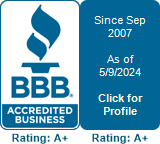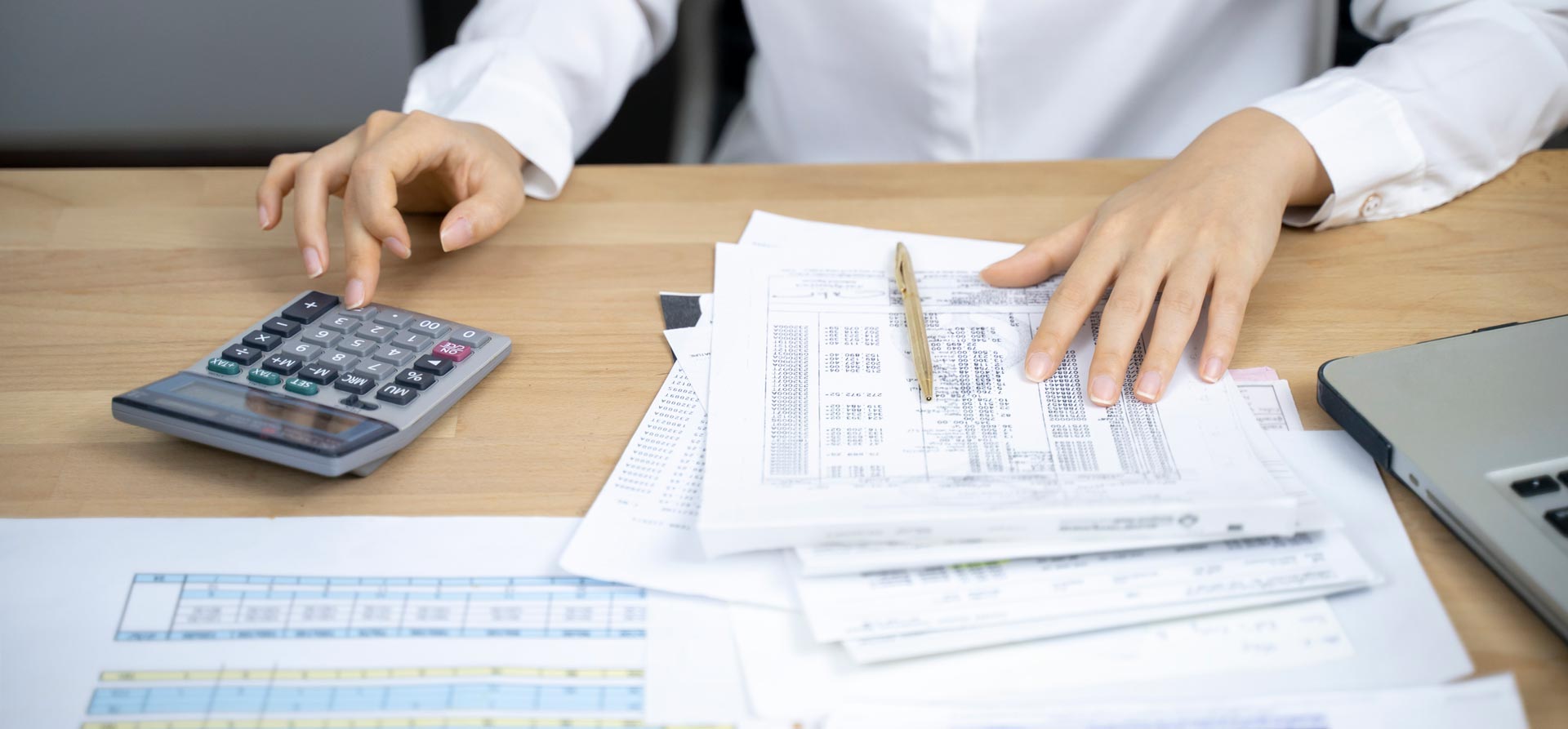
Many Americans are affected by capital gains, but don't fully understand this complicated topic. What are capital gains? How are you impacted by them? And what can you do to protect yourself from their tax consequences? Here's a short guide to this much used, but little understood, term.
What are Capital Gains?
A capital gain is basically the amount of money received when you sell an asset (a capital good) minus the amount you paid for it. If you purchase a stock for $50 and sell it two years later for $100, you have $50 of gain to report on your income taxes.
If you sell the asset for less money than you paid for it, you end up with a capital loss. Losses are taken against gains when you pay income taxes and may be used to reduce other taxable income if the losses are large enough.
If an item simply gains or loses potential value because of fluctuations in the market (such as with an antique, classic car, or a painting), you don't report that as a gain or loss. Capital gains and losses only come into play when you sell the item without restrictions.
What Types of Capital Gains Affect You?
You probably have several capital assets that you don't give much thought to. Your family car is a large asset, usually worth thousands of dollars. And your primary home is the largest capital asset most Americans own. When you sell your house — either your first or second home — you are liable for taxes on the profit earned. But the IRS offers an exemption on the first $250,000 ($500,000 when married and filing jointly) of gain you realize on a primary home.
If you have any investments in stocks or bonds, you also encounter capital gains when you sell those investments. The amount of profit is reported on your Form 1040 at the end of each year and taxed at various rates depending on the type of investment.
Business owners, landlords, and sole proprietors also deal with capital gains — a situation more complicated if they've taken depreciation on business assets.
How Can You Reduce Capital Gains Taxes?
You can do a few things to ensure you pay minimal capital gains taxes. One thing you can do is keep records of the money you put into your primary home. Most homeowners have easy access to the original sale and closing papers, but they may not keep track of improvements made over the years.
Improvements and alterations that increase the life expectancy or value of the home add to the basis, or the initial investment. These also reduce the profit when you sell. If you paid $250,000 for your home and sold it for $400,000, but also added $50,000 of improvements, the gain is only $100,000 instead of $150,000.
If you own hard investment assets, such as a rental house or collectibles, keep good records of all expenses as well. Like your home, improvements to these assets boost your investment amount and reduce the amount of gain reported.
In addition to good record-keeping, all investors should make use of loss harvesting before the end of each year. You harvest losses by selling long-term investments that have lost money so that you have losses to counteract other gains in other investments.
Landlords may be able to harvest built-up losses being carried forward by selling an under-performing rental unit and take all the remaining losses against other income.
For more information on how you can reduce capital gains taxes, talk with an experienced accountant. At Quality Bookkeeping Services Inc ., we work with you to find the best tax strategy for your individual circumstances and investments. Call today for an appointment.













